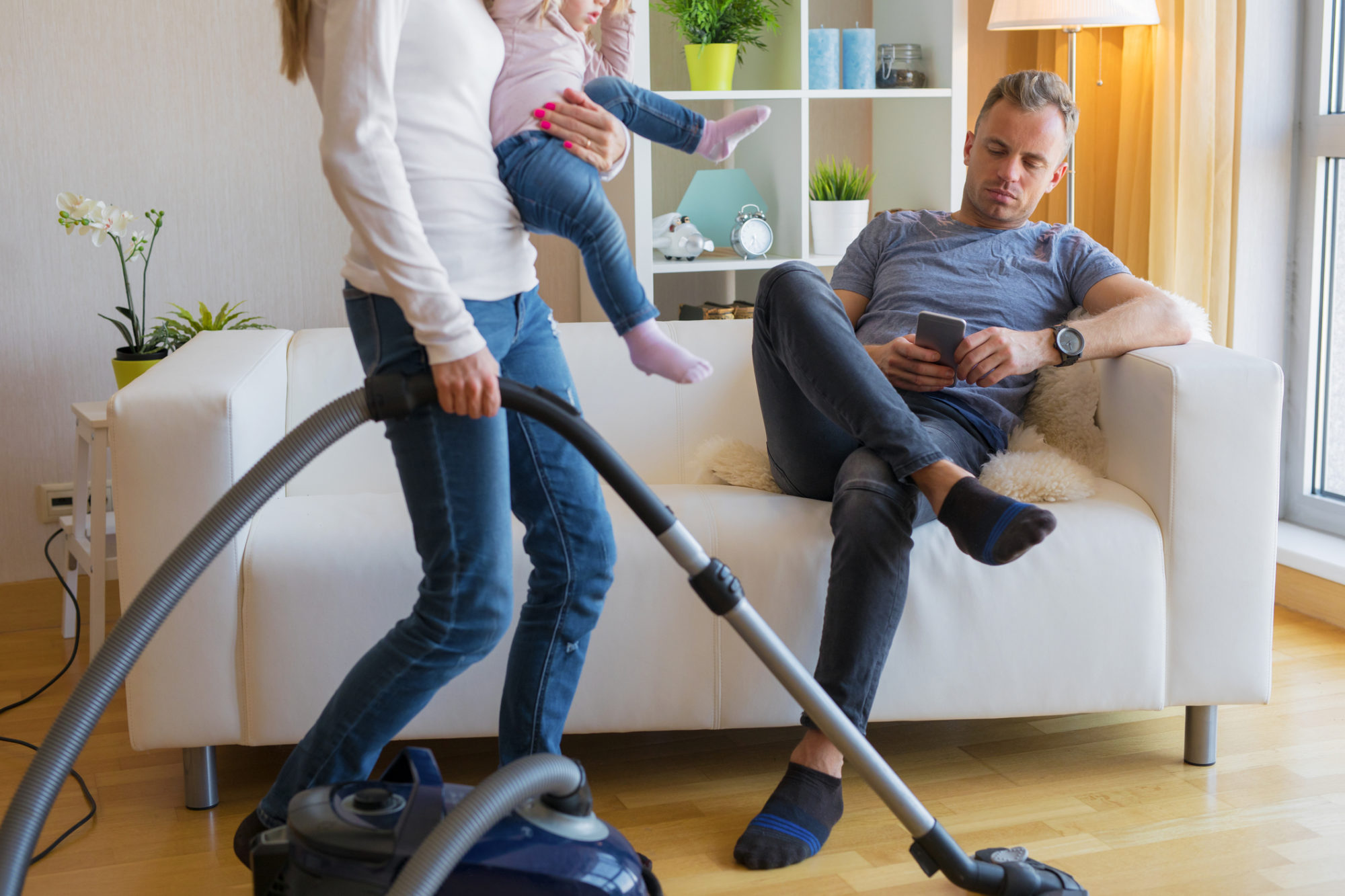A member of the Sandwich Generation struggles with feeling overwhelmed, sad, and stuck.
Dear Christine,
My mom was diagnosed with Alzheimer’s two years ago, just before I got pregnant with my second daughter. I was fortunate to have a stellar short-term therapist available through a pregnancy program at work to help me come to grips with my mom’s diagnosis.
When the pregnancy program ended, my therapist suggested that I find a long-term therapist to help me deal with my mother’s inevitable deterioration while trying to raise two very young children. Since then, I have been ignoring “find another therapist” on my to-do list. I’ve been telling myself that it’s not urgent compared to my career goals, my children, and the big wonderful life that I’m trying to live.
My mom’s disease has progressed very rapidly. She went from having repetitive conversations and needing some reminders to being really upset about not recognizing me. She cries and says she left me somewhere (like I am still a baby) and then looks at me suspiciously as if I am an intruder. It’s a lot to take, and I’m not coping with it well.
I don’t have clinical depression or anxiety, but I know I should probably still find a therapist. But I feel stuck and exhausted, and I don’t want to go through opening up to a new person. So, I have sat on my old therapist’s recommendation to find someone new for nearly a year now.
I really hate feeling like I’m behind in the game. I know I have to get a therapist, but I keep having thoughts about how I can maybe just handle this if I return to journaling more, or to so-and-so thing that has helped me before.
Christine Carter, I’m certain you have a worksheet for me on this. I’m flying in circles here. What will it take to get me to start therapy or figure out my next step? Maybe it’s not the kind of therapy I’m fixated on?
Please give me a little direction.
Sad and Circling
Dear Sad and Circling,
Your email reminded me of a favorite Mary Oliver poem, Wild Geese:
You do not have to be good.
You do not have to walk on your knees
for a hundred miles through the desert repenting.
You don’t have to do everything well right now. You certainly don’t have to do this thing perfectly. You don’t even have to be happy during this hard—and amazing—life stage. You are not “behind” at anything; you are not losing the game. As you said yourself, you are living a big wonderful life.
You certainly don’t have to find a therapist right now, so please stop “shoulding” on yourself. Things are hard enough; don’t make it harder by thinking you are falling short. You are showing up for your family and your job and yourself. That’s enough.
Having babies is hard. Finding a balance between work and a young family is hard. And having a parent with Alzheimer’s is so, so, so hard.
Things are hard enough; don’t make it harder by thinking you are falling short. You are showing up for your family and your job and yourself. That’s enough. Share on X
Suddenly, the mother you knew and loved is mostly gone, and in her place is someone who doesn’t recognize the most important facets of her own life. You’ve been sucker-punched in the gut. Of course you are surprised. You got the wind knocked out of you.
It’s normal to feel sad in the face of such loss. That’s grief. In addition to feeling sad, you’re probably experiencing a cornucopia of hard feelings, like yearning, anger, and regret. These challenging emotions are not to be confused with mental illness, or a depression that will require treatment for you to heal.
One “treatment” for grieving is to feel sad, and to feel safe feeling sad. To feel connected and held in your sadness. This takes time and will often be very inconvenient.
But it’s so important. You mention that journaling has helped you in the past. Why not start there? Like therapy, expressive writing is a science-backed way to cope with difficulty. Research has long shown that people who journal about difficult or traumatic experiences tend to report greater happiness months later. (I love this Science of Happiness podcast episode about expressive writing.)
You might also, at some point, choose to find a new therapist to help you find your way through this, but you don’t have to do that right now. Research shows that therapy tends to help us for three reasons; knowing what those things are might help you decide on your next move.
- Therapists provide us with emotional support. Like a trusted friend, they provide us with empathy, reassurance, and a decreased sense of isolation. “Tell me about despair, yours, and I will tell you mine,” writes Oliver in Wild Geese.
- A wise therapist can help us learn about ourselves, providing insight, advice, feedback and ways to reframe what is distressing for us.
- Finally, therapists can engage us in what the researchers call “action factors”—basically exercises and plans that help us feel better.
When all three of these factors are present for someone in therapy, people tend to feel more safe and secure, and their anxiety tends to recede. Being less stressed, in turn, allows for greater self-awareness, and promotes their ability to confront fears and implement desired behavior changes.
It’s going to be very hard for you to do emotionally difficult things right now, like open up to a new therapist, on top of all the emotionally difficult stuff you are already dealing with. But you can do hard things. Especially if you want to do them.
Whether you decide to find a therapist or not, you will likely continue to feel sad. But maybe you can experience that feeling of “flying in circles” differently. I don’t think you are stuck; you probably aren’t even circling. But you are in flight.
Meanwhile the wild geese, high in the clean blue air,
are heading home again.
Whoever you are, no matter how lonely,
the world offers itself to your imagination,
calls to you like the wild geese, harsh and exciting—
over and over announcing your place
in the family of things.
It’s not going to be easy, but you’ve got this thing.
Yours,

Dear Christine is Greater Good’s advice column, where sociologist and coach Christine Carter responds to your questions about marriage, parenting, happiness, work, family, and, well, life. Want to submit a question? Email advice@christinecarter.flywheelsites.com.
GET DEAR CHRISTINE IN YOUR INBOX!
Sign up for my monthly email list (that’s right: it’s only one email per month) to receive notifications of new columns.


